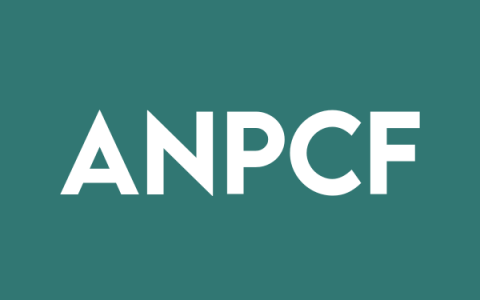CNBC AI News, August 6th – The U.S. is reportedly launching a strategic initiative dubbed “Project ATOM” in a bid to reclaim its leadership in open-source artificial intelligence (AI), amid surging competition from China.
The plan centers on establishing a U.S.-based non-profit AI lab dedicated to developing truly open AI models, freely accessible for global developers to use and improve. The core blueprint includes equipping the lab with over 10,000 state-of-the-art GPU chips to support large-scale AI model training and research.
Launched this Monday, the initiative is already backed by over a dozen industry leaders, including prominent tech investor Bill Gurley, Hugging Face CEO Clément Delangue, and Stanford University professor Christopher Manning.
Driving this urgency is the rapid advancement of China in open-source AI, particularly the growing influence of Alibaba’s Qwen series of large language models.
Hugging Face data reveals an increasing preference among AI developers for Alibaba’s open-source Qwen models. Their powerful performance and zero cost are cited as key attractors, making them a globally significant choice for developers.
Data from Artificial Analysis further highlights the landscape: of the top 15 most performant AI large language models globally, only 5 are open-source—and all 5 were developed by Chinese AI firms.
In July alone, Alibaba released four leading open-source AI models, while U.S. developers released none, underscoring a perceived weakness in the U.S. open-source AI ecosystem.
This perceived “Qwen effect” has become a key catalyst for concern among U.S. tech leaders and policymakers.
“The U.S. will be left behind quickly if it doesn’t move quickly,” warns Nathan Lambert, the initiator of Project ATOM. He emphasizes that the issue isn’t a lack of talent or technology, but rather a deficit in coordination and financial backing.
Analysts suggest that failure of Project ATOM could not only mean continued U.S. lagging in open-source AI but also a potential loss of influence over the global direction of AI technology development.
Original article, Author: Tobias. If you wish to reprint this article, please indicate the source:https://aicnbc.com/6540.html




